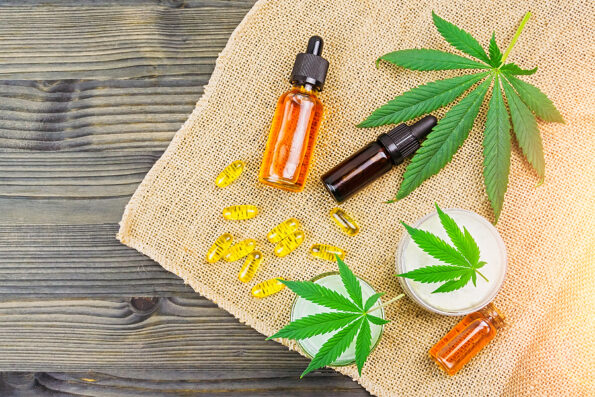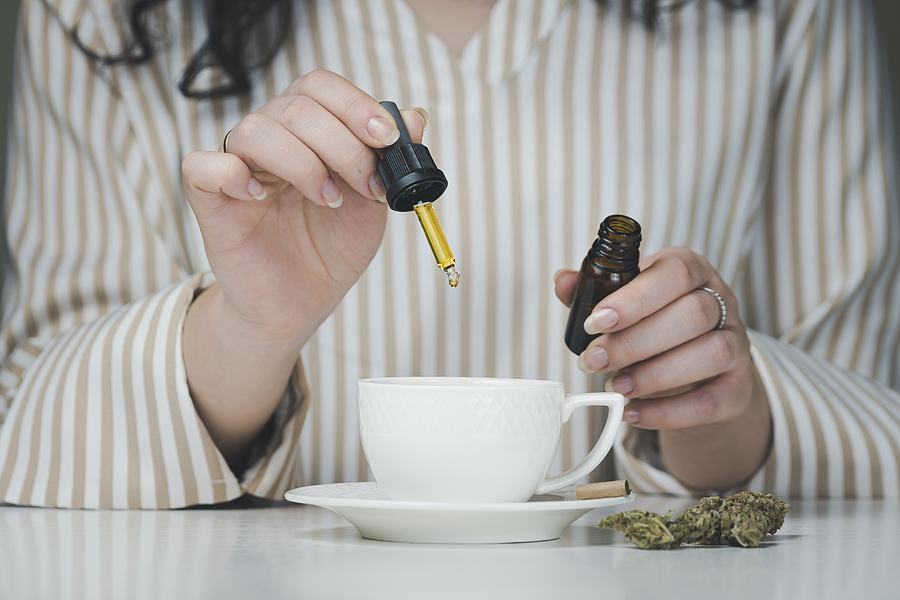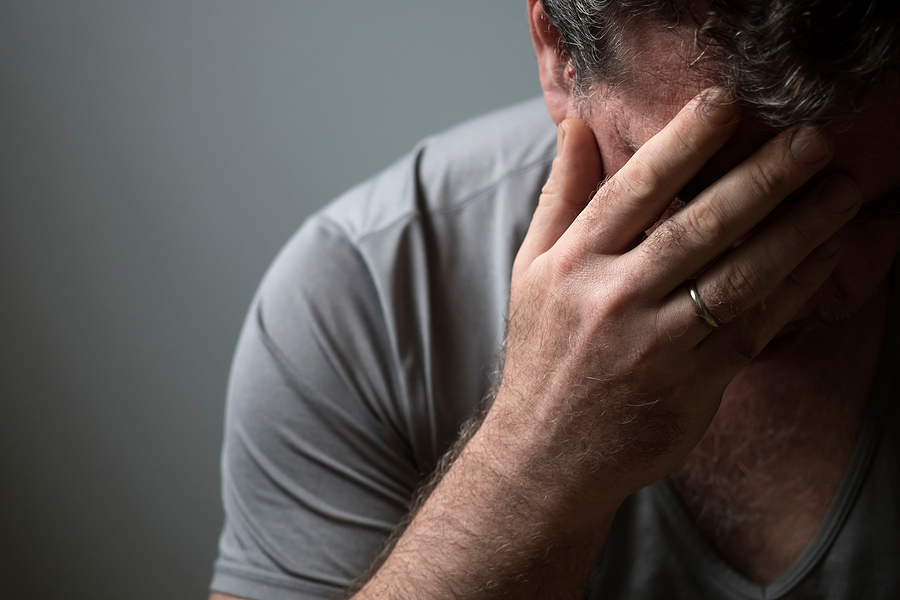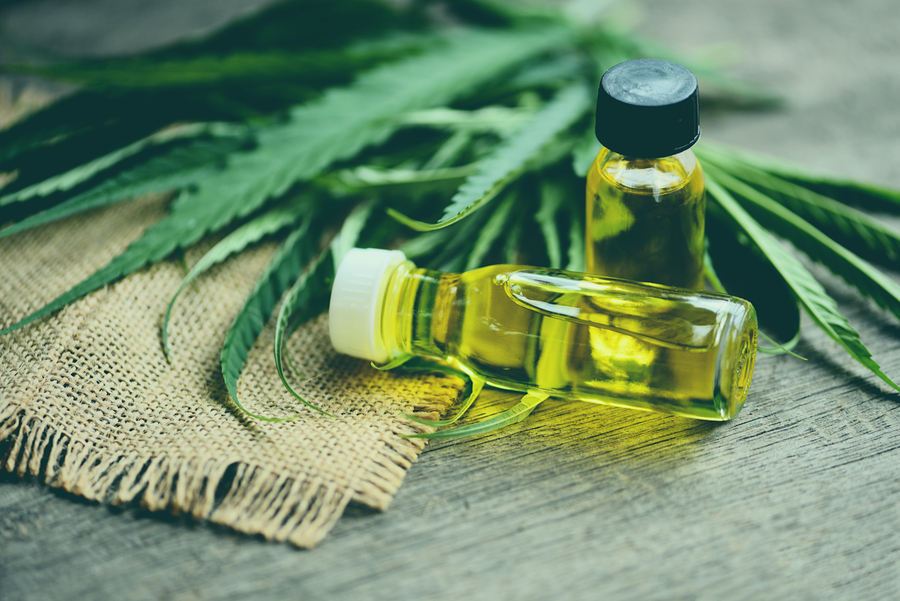In this fast-paced modern era, individuals frequently find themselves caught in the relentless cycle of stress, anxiety, and chronic pain, which can significantly impact their daily lives. As people strive to alleviate these burdens, many have explored various avenues to find the ideal pain relief strategy for chronic pain, anxiety, depression, or even sleep disorders. You may have encountered CBD oils as a potential solution during your quest.
According to a Forbes health survey, 64% of US adults who tried a CBD product believe it offers medicinal and wellness benefits. However, before opting for CBD products, you must understand what CBD is, the health benefits and risks attached to it, and the different ways you can take CBD oil, such as CBD oral drops. Continue reading to find all the information in this article.
What Is CBD and How Does it Work?
Table of Contents
Cannabidiol (CBD) is a phytocannabinoid that Roger Adams discovered in 1940. It is an active ingredient in cannabis or marijuana derived from hemp and non-hemp plants. Hemp plants are part of the cannabis sativa plant and include less than 0.3% of THC or tetrahydrocannabinol, a mind-altering substance that produces the “high” in marijuana. This is why, in its pure state, CBD has no psychoactive effect. In fact, according to the WHO committee, it does not lead to substance abuse.
Cannabidiol produces its effects by interacting with the endocannabinoid system. This system controls functions such as movement, pain, inflammation, immune response, thinking, mood, emotions, appetite, sleep, and memories in the human body. While there is a need for further research, researchers believe that CBD inhibits the enzyme responsible for breaking down endocannabinoids, allowing the regulatory functions to last longer.
Is CBD legal?
The Agriculture Improvement Act, passed by the US Congress in 2018, legalized CBD if it came from hemp, as it removed hemp from the federal Controlled Substances Act. This also means any CBD product coming from marijuana is illegal.
Some states did not remove hemp from their state’s controlled substances acts, and sl have different regulations, such as only allowing it for medical purposes. You can see your state’s CBD legal status here.
The Health Benefits of CBD
Let’s look at the health benefits of CBD that research supports.
1. Treating Various Mental Health Disorders
Depression is linked to low serotonin levels. While CBD doesn’t boost serotonin levels, its positive interaction with the 5-HT1A neuro-receptor, a serotonin receptor, exhibits an antidepressant effect. Studies find that CBD and THC help treat sleep disorders like insomnia, narcolepsy, restless legs syndrome, and sleep apnea.
CBD can treat or reduce anxiety symptoms associated with different disorders, such as post-traumatic stress disorder, obsessive-compulsive disorder, panic disorder, or generalized anxiety disorder. CBD also has an antipsychotic effect, which may lead to it being used to treat schizophrenia.
2. Chronic Pain, Epilepsy, and Cancer Management
CBD is a better alternative to opioids to treat chronic pain, as it is non-intoxicating and less addicting. Some individuals with arthritis who have used CBD report it helps relieve aches and improves sleep.
The FDA has approved a pharmaceutical CBD, Epidiolex, for treating seizures associated with two types of Epilepsy – Lennox-Gastaut syndrome and Dravet syndrome – for patients above the age of 2. Research by John Hopkins Medicine also indicates CBD can reduce the side effects of anti-seizure medicines.
Preclinical and clinical research proposes that CBD, either alone or with THC, can treat cancer-associated pain, nausea, vomiting, anxiety, depression, and sleep problems. CBD also shows promise as an anti-cancer drug.
Potential Side Effects and Health Risks
The side effects of CBD include:
- Dry mouth
- Reduced appetite
- Diarrhea
- Low blood pressure
- Lightheadedness
- Irritability
- Signs of love injury
- Fatigue
- Drowsiness
According to Harvard Health, CBD increases blood thinning levels and medicine in your blood as it competes for the liver enzymes responsible for breaking drugs down. This may stop the medication from working. Some drugs that interact with CBD include medicines for seizures, such as clobazam and valproate, warfarin, a common blood thinner, and amiodarone, a heart rhythm medication. Per FDA recommendation, children and pregnant and breastfeeding women should avoid CBD products.
Why CBD Oils?
One of the easiest ways to take CBD is CBD oil. After extracting CBD from the plant, it is mixed with carrier oil, like olive oil, to create CBD oil. CBD oil is safer than CBD vape because it has fewer additives. Studies also suggest that vaping CBD compared to vaping nicotine can lead to more severe lung damage.
Unlike CBD creams, which are applied directly on your skin and penetrate the skin barrier, you consume CBD orally through a dropper or spraying mechanism. CBD oils are ideal for internal issues, such as anxiety, while you should use CBD creams for topical problems, such as joint pain. CBD oils have higher bioavailability than CBD creams but less than CBD vapes. Bioavailability means the quantity and rates your bloodstream absorbs CBD, so higher bioavailability implies you need less product for the CBD effect to kick in.
How to Take CBD Oil
Here are the administration methods for CBD oil.
1. CBD Oral Drops
CBD oral drops are ideal for those with busy schedules. You simply place a few drops under your tongue and hold it for 30-60 seconds before swallowing. You may use a dropper to aid you. It is essential you start slow and take one drop at a time. Monitor your experience for a few days before increasing your dosage.
2. CBD Spray
If you don’t want to use a dropper, you can use a CBD spray instead. For topical application, you spray the product on your skin. You can apply it nasally by administering the product through your nose by inserting the nozzle in your nasal or spray it orally by spraying the product directly in your mouth. For oral sprays, you must keep it under your tongue for at least 30 seconds. Start with a low dosage and wait 30 minutes to two hours for the effect to fully kick in.

What to Look Out For Before Buying
Before buying your CBD product, thoroughly go through the company website. Look for third-party lab reports to ensure the quality of your CBD product, whether ingredients are organic, the farming methods used, how hemp is extracted and manufactured, and the THC levels. It is also essential to check the dosage offered as if you’re new, you want to start small.
Endnote
While there are numerous benefits and risks attached to CBD oil, you must note that its effect will vary with each individual. Talk to your health practitioner, who can guide you on how much product you should use and if it will interfere with any medication you’re currently on. More research is still underway on CBD and its benefits that can approve or disapprove information mentioned in this article, so practice caution at all times.
Image Source: BIgStockPhoto.com (Licensed)
Site Disclaimer
The efficacy of these products has not been confirmed by FDA-approved research. These products are not intended to diagnose, treat, cure or prevent any disease. Information presented here is not meant as a substitute for or an alternative to information from healthcare practitioners. Please consult your healthcare professional about potential interactions or other possible complications before using any product.
Related Categories: CBD, Reviews






